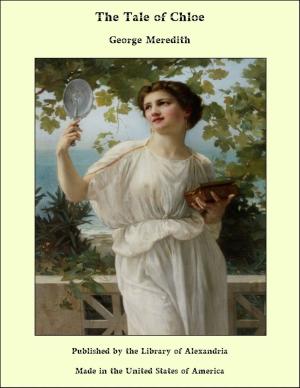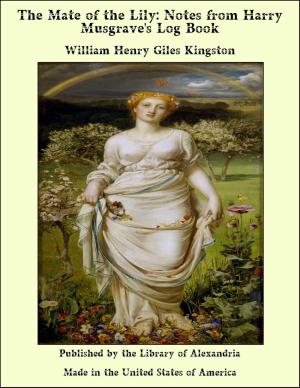| Author: | Wiliam R. Sandbach | ISBN: | 9781465546616 |
| Publisher: | Library of Alexandria | Publication: | March 8, 2015 |
| Imprint: | Language: | English |
| Author: | Wiliam R. Sandbach |
| ISBN: | 9781465546616 |
| Publisher: | Library of Alexandria |
| Publication: | March 8, 2015 |
| Imprint: | |
| Language: | English |
The work of which I here offer an English translation has excited, among the Dutch and German literary societies, a keen controversy in regard to its authenticity—a controversy not yet brought to a conclusion, some affirming that it contains internal evidence of truth, while others declare it to be a forgery. But even the latter do not insist on its being the work of a modern fabricator. They allow it to be one hundred, or perhaps one hundred and fifty, years old. If they admit that, I do not see why they refuse it a greater antiquity; and as to the improbability of the stories related in it, I refer the reader to the exhaustive inquiry in Dr Ottema's Preface. Is it more difficult to believe that the early Frisians, being hardy and intrepid marine adventurers, sailed to the Mediterranean, and even proceeded farther, than that the Phœnicians sailed to England for tin, and to the Baltic for amber? or that a clever woman became a lawgiver at Athens, than that a goddess sprang, full grown and armed, from the cleft skull of Jupiter? There is nothing in the narratives of this book inconsistent with probability, however they may vary from some of our preconceived ideas.; but whether it is really what it pretends to be—a very ancient manuscript, or a more modern fiction—it is not the less a most curious and interesting work, and as such I offer it to the British public. In order to give an idea of the manuscript, I have procured photographs of two of its pages, which are bound with this volume
The work of which I here offer an English translation has excited, among the Dutch and German literary societies, a keen controversy in regard to its authenticity—a controversy not yet brought to a conclusion, some affirming that it contains internal evidence of truth, while others declare it to be a forgery. But even the latter do not insist on its being the work of a modern fabricator. They allow it to be one hundred, or perhaps one hundred and fifty, years old. If they admit that, I do not see why they refuse it a greater antiquity; and as to the improbability of the stories related in it, I refer the reader to the exhaustive inquiry in Dr Ottema's Preface. Is it more difficult to believe that the early Frisians, being hardy and intrepid marine adventurers, sailed to the Mediterranean, and even proceeded farther, than that the Phœnicians sailed to England for tin, and to the Baltic for amber? or that a clever woman became a lawgiver at Athens, than that a goddess sprang, full grown and armed, from the cleft skull of Jupiter? There is nothing in the narratives of this book inconsistent with probability, however they may vary from some of our preconceived ideas.; but whether it is really what it pretends to be—a very ancient manuscript, or a more modern fiction—it is not the less a most curious and interesting work, and as such I offer it to the British public. In order to give an idea of the manuscript, I have procured photographs of two of its pages, which are bound with this volume















